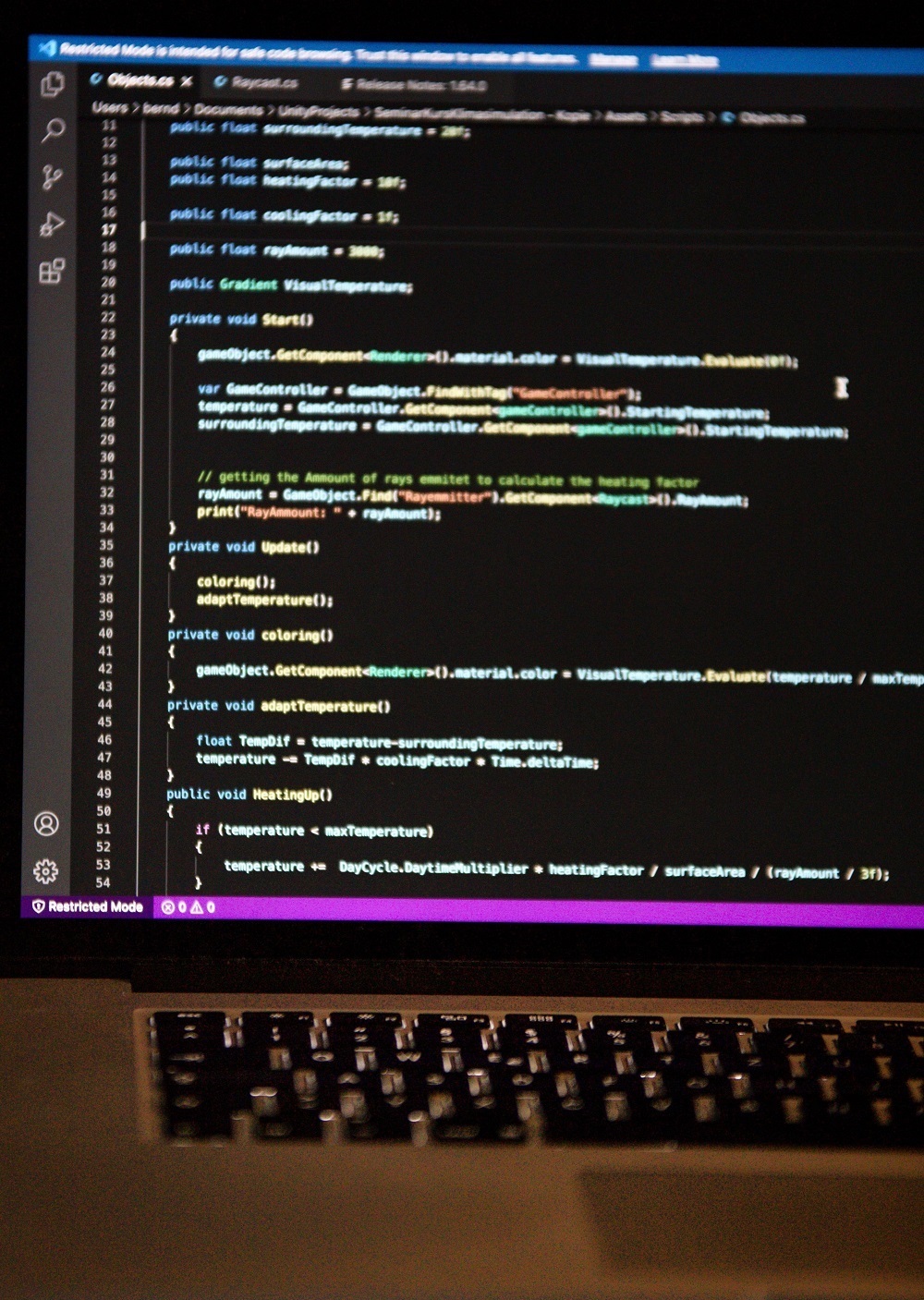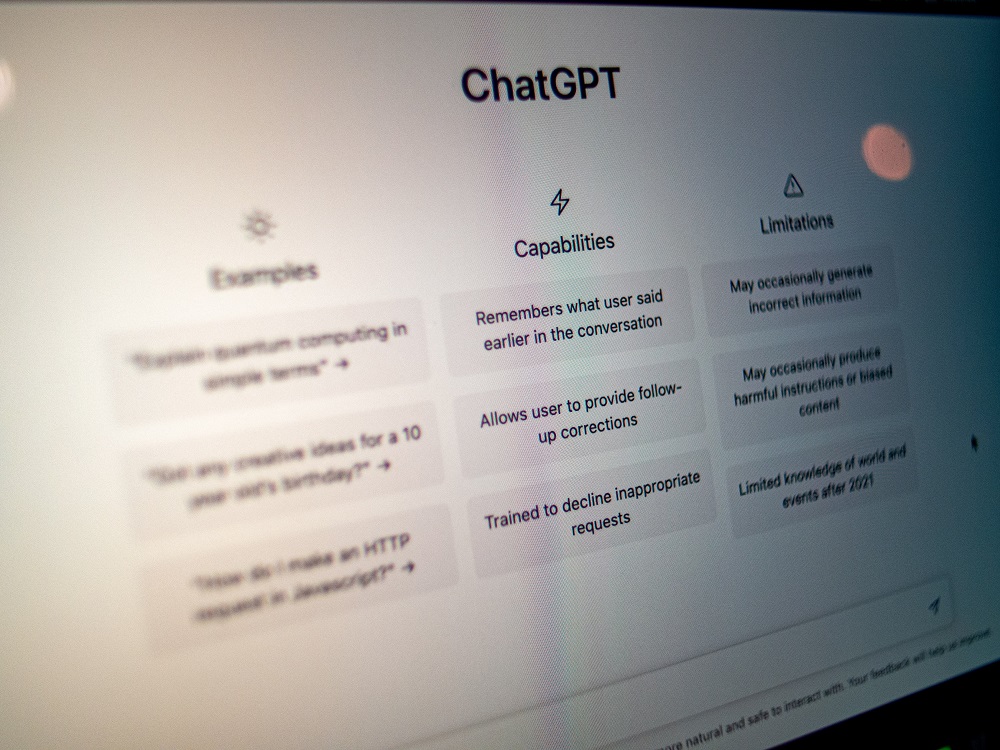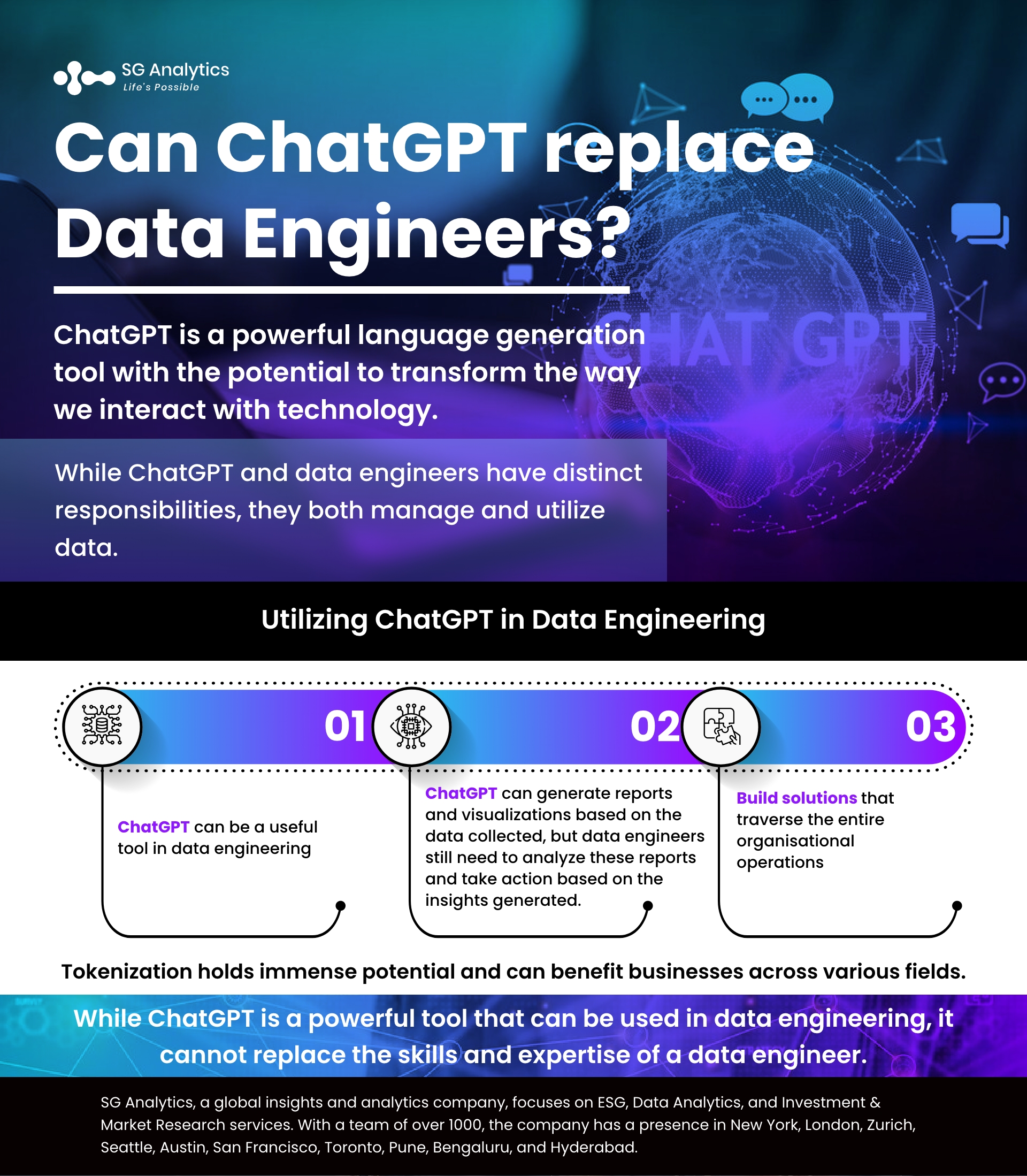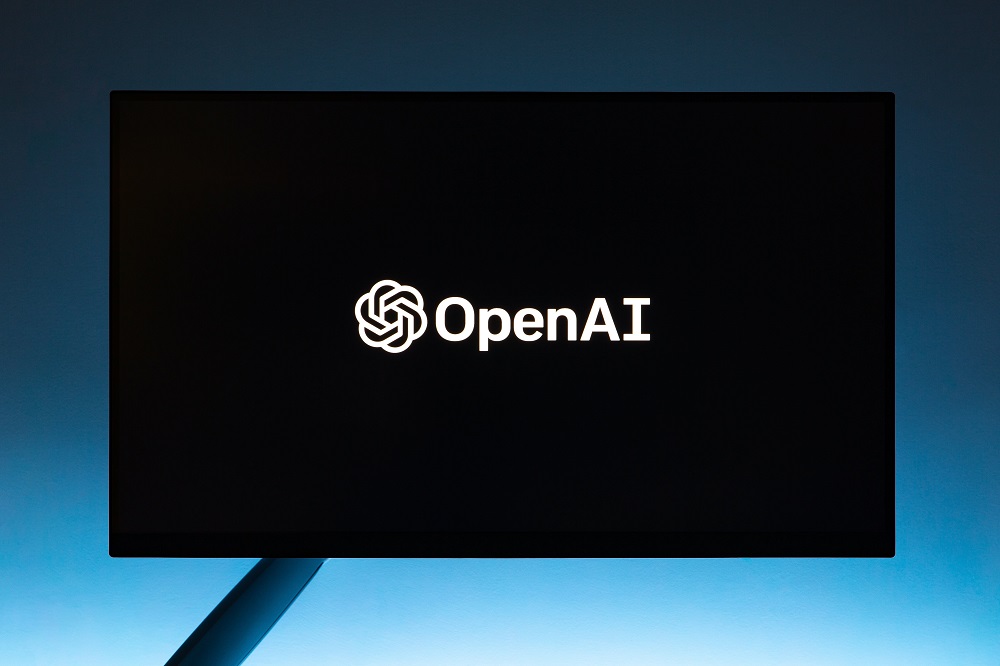ChatGPT is a powerful language generation tool with the potential to transform the way we interact with technology.
It is essential to observe, however, that ChatGPT is not intended to replace human labor, but rather to enhance and supplement it. What does this mean for professionals in Tech, Digital Marketing, and Creative roles, given its origins in technology and content creation?
Data engineers are less likely to be supplanted by ChatGPT than programmers and software engineers for the same reasons.
Data engineers would be wise to utilize ChatGPT to assist data teams with specific ETL tasks; however, ChatGPT cannot substitute specialized software and expertise in the ETL process.
Data engineering is a crucial aspect of any organization driven by data. It entails the design, development, and maintenance of the systems that enable businesses to capture, store, process, and analyze data. A data engineer's job is to guarantee the data used by data scientists, analysts, and other parties is available, trustworthy, and safe.

However, ChatGPT is an enormous language model developed by OpenAI and based on the GPT-3.5 framework. It is a potent instrument that can generate text that resembles human language based on the input it receives.
While ChatGPT and data engineers have distinct responsibilities, they both manage and utilize data. This article examines whether ChatGPT can replace data engineers and the implications of such a scenario.
Common Challenges in a Data Engineer’s Job
Before we delve into the question of whether ChatGPT can replace data engineers, let’s first look at some of the common challenges faced by data engineers:
Data quality
Data quality is a critical challenge that data engineers face. They must ensure that the data acquired is precise, comprehensive, and consistent, as inaccurate data can result in erroneous analysis and decision-making. To ensure data quality, data engineers need to implement data validation techniques, data cleaning methods, and other quality assurance procedures.
Scalability
With data volumes increasing rapidly, data engineers need to ensure that the systems they design and maintain can handle the load. This requires careful planning and optimization, as well as the ability to scale up and down as needed.

Security
Data breaches can have serious consequences for businesses, and data engineers need to ensure that the systems they develop and maintain are secure. This includes implementing encryption, access controls, and other security measures to protect sensitive data.
Data integration
Many organizations use multiple systems to collect and store data, which can make it challenging to integrate and analyze the data. Data engineers need to ensure that these systems are integrated seamlessly and that the data is accessible across all platforms.
Data processing
Processing large volumes of data quickly and efficiently can be a major challenge for data engineers. They need to implement methods for data processing, such as batch processing or stream processing, to ensure that the data is processed in a timely and efficient manner.

Can ChatGPT Replace Data Engineers?
Now, let’s address the question of whether ChatGPT can replace data engineers. To answer your question in a nutshell: no, ChatGPT cannot take the role of data engineers. Even while ChatGPT is a strong tool, it cannot take the place of the knowledge and experience that can only be gained from working with a data engineer.
Processing data in natural language is only one component of data engineering; there are many others. Data engineers are responsible for the development and maintenance of complex systems used to collect, store, and process vast quantities of data. Additionally, they are accountable for ensuring the scalability, security, and dependability of these systems. These responsibilities call for a comprehensive knowledge of data architecture, databases, programming languages, and a variety of other technical abilities that are outside the purview of ChatGPT.
In addition, data engineering calls for a significant amount of expertise in a certain field. The business requirements of their company, the types of data sources that are at their disposal, and the most effective procedures for data collecting and processing are all things that data engineers need to be familiar with. It's possible that ChatGPT can analyze data in plain language, but it doesn't have the context or domain-specific knowledge that's necessary for data engineering.

Utilizing ChatGPT in Data Engineering
-
ChatGPT can be a useful tool in data engineering, but it cannot replace data engineers. ChatGPT's natural language processing capabilities can be used to automate tasks such as data cleaning and validation, as well as to create chatbots that can answer common data-related queries. This frees up data engineers to focus on more complex tasks that require their expertise, such as designing data models, optimizing data pipelines, and ensuring data security and privacy.
-
ChatGPT can automate certain tasks, such as data cleaning and data validation, and create chatbots that can answer common questions about data. This can help to streamline data engineering workflows and reduce the time and effort required to complete these tasks. For example, a chatbot powered by ChatGPT could be used to answer questions about a company's sales data, such as "What was our revenue last quarter?" or "What was our top-selling products?" This allows business users to quickly access the information they need without having to rely on data engineers to manually generate reports.
-
ChatGPT can generate reports and visualizations based on the data collected, but data engineers still need to analyze these reports and take action based on the insights generated. While ChatGPT can provide valuable insights into data trends, anomalies, and patterns, it is still important for data engineers to analyze this information and take appropriate actions based on the insights generated. For example, if a report generated by ChatGPT shows a decrease in sales for a particular product, a data engineer would need to investigate the underlying causes and recommend strategies to address the issue.

-
ChatGPT is a revolutionary technology that allows businesses to create complex data pipelines for AI and ML applications, as well as for self-service business intelligence, quickly and efficiently. With ChatGPT, businesses can automate the process of collecting, transforming, and analyzing data, making it easier to access and use this information to make informed decisions. This can help businesses remain competitive in the digital landscape of today.
-
ChatGPT is highly configurable, and its APIs can be utilized to configure and deploy pipelines in accordance with particular demands and technical specifications. This allows businesses to tailor ChatGPT to their unique data engineering needs and to integrate it with other tools and technologies in their tech stack. For example, a business could use ChatGPT's APIs to integrate it with their cloud infrastructure, data warehouses, or data visualization tools.
-
ChatGPT has powerful analytics tools that help businesses understand their data sets better, find trends and correlations, and make better choices. ChatGPT's advanced analytics feature set can be used to identify patterns in data that would be difficult or impossible to detect manually, making it easier to identify areas of opportunity or concern. This can help businesses make better decisions and move quickly to deal with problems as they arise.
ChatGPT’s Limitations
In spite of the fact that ChatGPT has the potential to be a helpful tool for data engineering, there are certain constraints associated with it that must be taken into consideration. The lack of transparency in the process by which it generates output is one of the most significant drawbacks it has.

Due to the fact that ChatGPT is built on deep learning algorithms, it is able to generate responses that are extremely precise and nuanced. However, it may be challenging to comprehend how it got at a specific output, which may be a challenge when it comes to data engineering.
Another drawback is that ChatGPT is only as accurate as the data it is trained on, which is a significant constraint. If the data that are fed into ChatGPT are biased or incomplete, then the output that is produced by ChatGPT could also be biased or incomplete. In the field of data engineering, where precision and exhaustiveness are of the utmost importance, this might be a big difficulty.
ChatGPT is not a substitute for human judgment and expertise. Although it is able to generate insights and automate certain processes, it cannot replace the insights and intuition of a human data engineer. In the end, data engineering requires a mixture of technical skills, domain knowledge, and human judgment, all of which are inapplicable to a single tool such as ChatGPT.
When employing ChatGPT or any other form of advanced language processing technology, it is absolutely necessary to proceed with extreme caution. If it is not used appropriately, it has the ability to be a useful tool, yet, it also has the potential to be hazardous.
For instance, if ChatGPT were to be given data that was biased or malevolent, the output it produced may be detrimental or deceptive. It is essential that we use this technology ethically and with caution, ensuring that it is not used to perpetuate detrimental prejudices or disseminate false information. It is imperative that we utilize this technology with integrity and caution.

Also Read - How can ChatGPT be used for Business?
Conclusion
While ChatGPT is a powerful tool that can be used in data engineering, it cannot replace the skills and expertise of a data engineer. Data engineering requires a deep understanding of data architecture, programming languages, and domain-specific knowledge, which cannot be replicated by ChatGPT. However, ChatGPT can still be a useful tool for automating certain tasks, generating reports and visualizations, and creating chatbots that can answer common questions about data.
ChatGPT can greatly benefit tech, marketing, and creative professionals by automating tedious tasks and helping them to generate new ideas.
However, it is not designed to replace human jobs but rather to enhance and augment them. It’s important to recognize that technology is a tool, and the key to success is to use it to its full potential without replacing human creativity and ability.
Data is viewed as the new oil for organizations, irrespective of their size. Data needs to be stored, cleaned and analyzed to derive immense business value. SG Analytics offers a holistic approach to aggregating, ingesting and processing data that covers all the technical drivers critical to capitalize on your enterprise data resources fully.
We have utilities to accelerate all these processes – from exploratory data analysis to other business processes, where the development cycle comes down to being easy and time-efficient. SGA’s data engineering services assist in mining large enterprise data and processing it efficiently to derive actionable insights for better decision-making.









